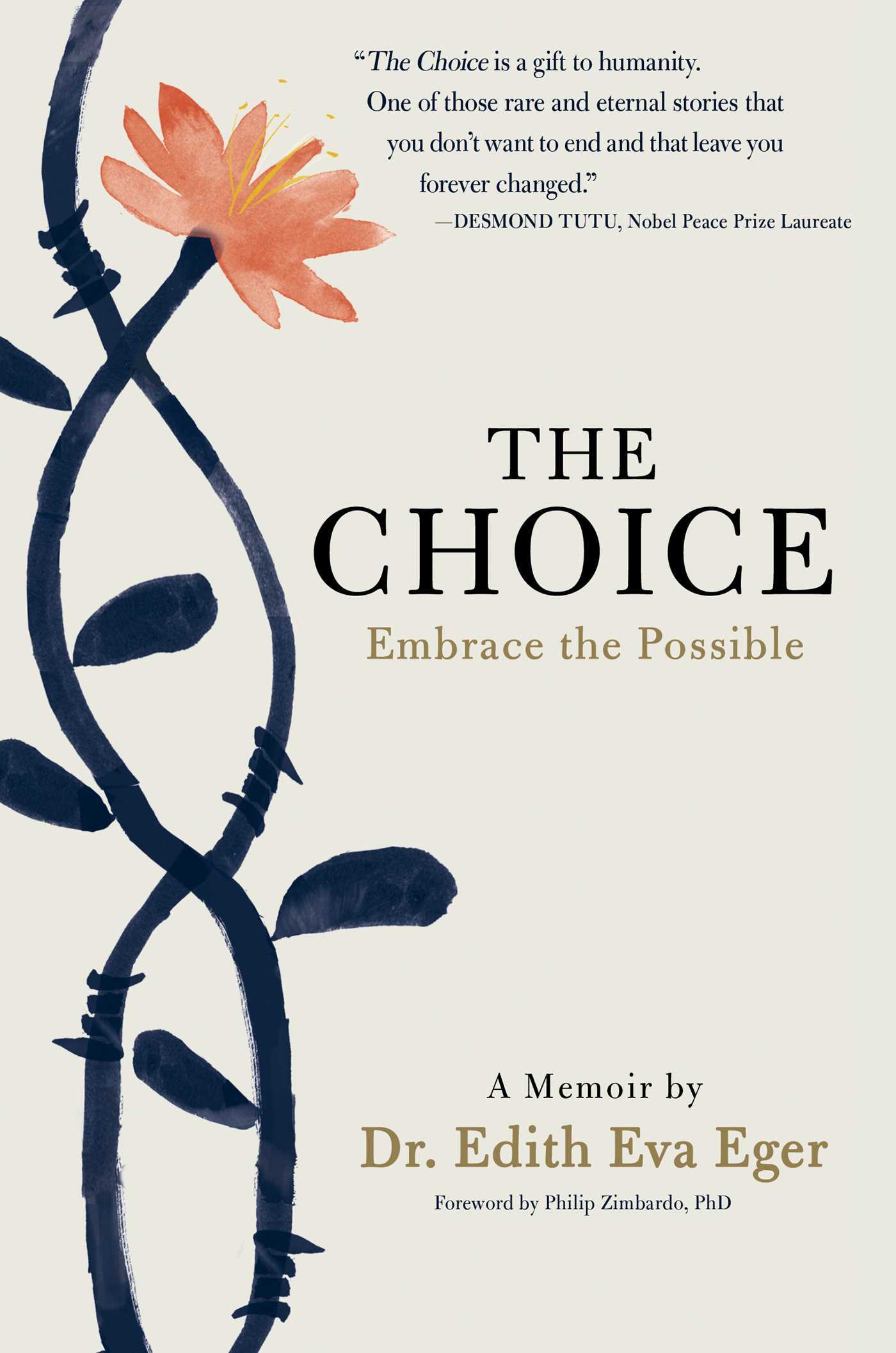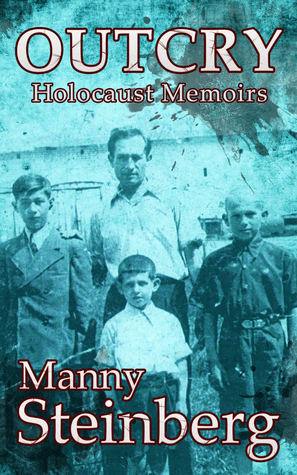
The Choice: Embrace the Possible
Book Description
What if the power to overcome life’s darkest moments lies within your choices? In "The Choice: Embrace the Possible," Edith Eger takes you on an emotive journey through trauma and healing, illustrating how resilience can emerge in the face of despair. With gripping stories of courage and transformation, she ignites a spark of hope that can light even the shadowiest paths. Each lesson unfolds like a cinematic revelation, challenging the limits of possibility. Can the act of choosing hope truly redefine your life?
Quick Book Summary
In "The Choice: Embrace the Possible," Auschwitz survivor and renowned psychologist Edith Eger weaves her extraordinary life story into a profound meditation on trauma, healing, and the freedom found within our choices. Drawing on her searing experiences during the Holocaust and decades of clinical work, Eger explores how the human spirit can endure unimaginable pain and recover from the weight of the past. Her memoir traces the arc of her survival, her struggles with guilt and grief, and her ultimate transformation into a healer. More than just a Holocaust testimony, Eger's story offers a universal lesson: while pain is inevitable, suffering is optional, and liberation comes when we choose to confront our wounds, embrace possibility, and let go of self-imposed constraints.
Summary of Key Ideas
Table of Contents
Surviving Trauma and Confronting the Past
Edith Eger’s journey begins with her teenage years in Hungary, shattered by the Nazi occupation and deportation to Auschwitz. She endures starvation, brutality, and constant threat of death, clinging to hope through her bond with her sister and the memory of family and dance. After liberation, Eger faces the immense aftermath of trauma, haunted by loss and survivor’s guilt, struggling to rebuild her life in a war-torn world.
Harnessing the Power of Choice
Migration to the United States opens a new chapter, but Eger remains imprisoned by her unresolved pain and memories. As she starts a family and later pursues psychology, she discovers that true freedom requires confronting—not avoiding—the horrors she survived. Through therapy and introspection, she gradually uncovers the mechanisms of her own psychological captivity and learns that recovery relies on embracing vulnerability.
The Journey from Victimhood to Empowerment
A central theme in Eger’s memoir is the radical power of choice. She reveals that while we cannot always control what happens to us, we have agency over our responses. The ability to choose—compassion, forgiveness, life over death—is a form of liberation. Eger demonstrates this both in her personal life and through the stories of patients she helps as a psychologist, showing that transformation is available to anyone who is willing to look within and choose hope.
Forgiveness, Healing, and Self-Compassion
Throughout her life, Eger learns and teaches that forgiveness is essential to healing—not just of others, but of oneself. She recognizes the damaging effects of hatred and bitterness, inviting readers to cultivate self-compassion and to let go of beliefs that perpetuate suffering. This forgiveness is not about minimizing wrongdoing, but about freeing oneself from the prison of resentment and fear.
Transforming Pain into Purpose
Ultimately, Eger’s memoir is a testament to the possibility of transforming profound pain into a purposeful life. Sharing her insights, she encourages others burdened by trauma or despair to acknowledge their pain and then consciously choose growth and meaning. By embracing the possible, we discover our own resilience and reclaim the freedom to live fully. Her story, both harrowing and uplifting, stands as both a personal chronicle and a universal call to embrace our capacity for hope.
Download This Summary
Get a free PDF of this summary instantly — no email required.





